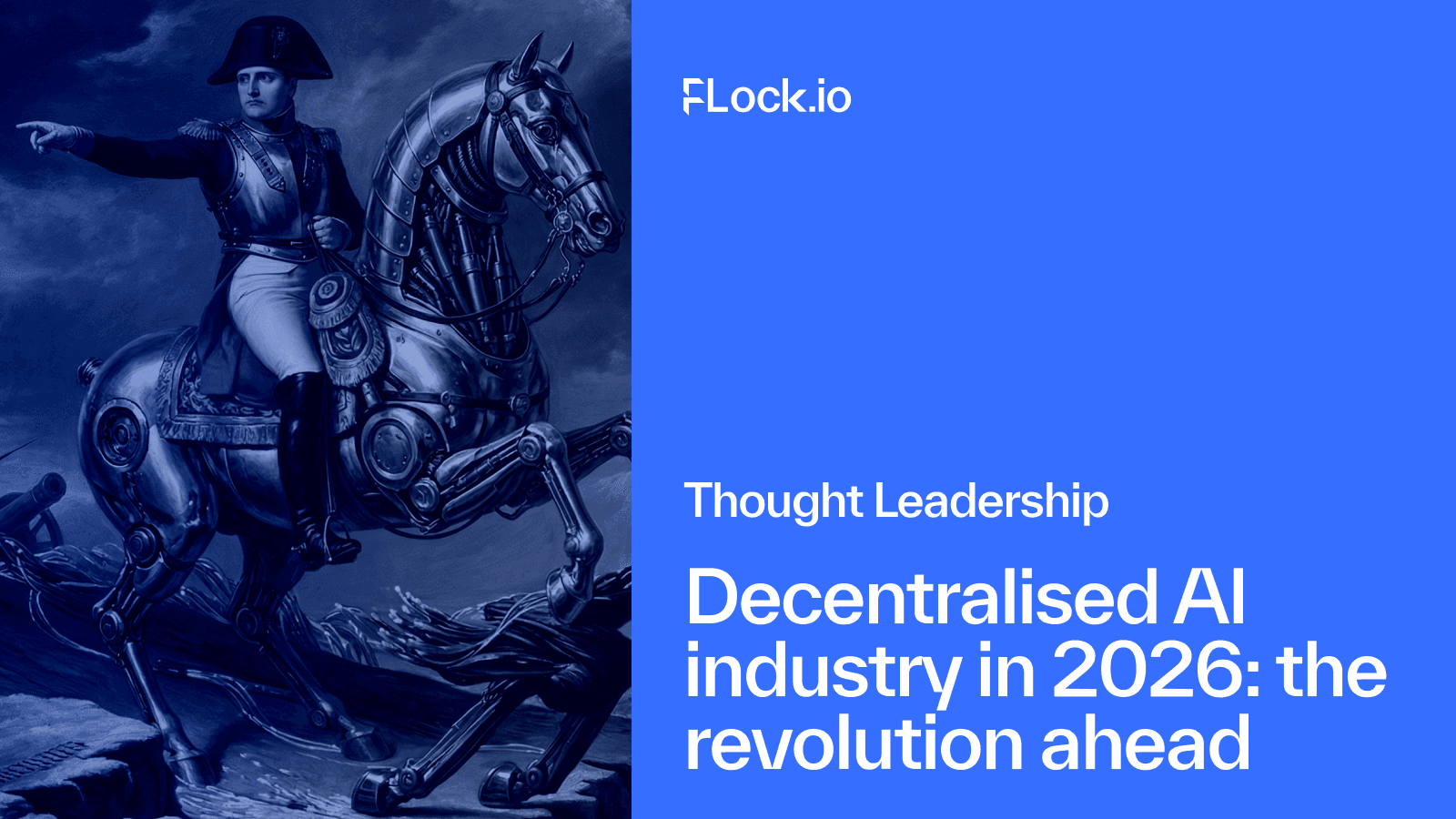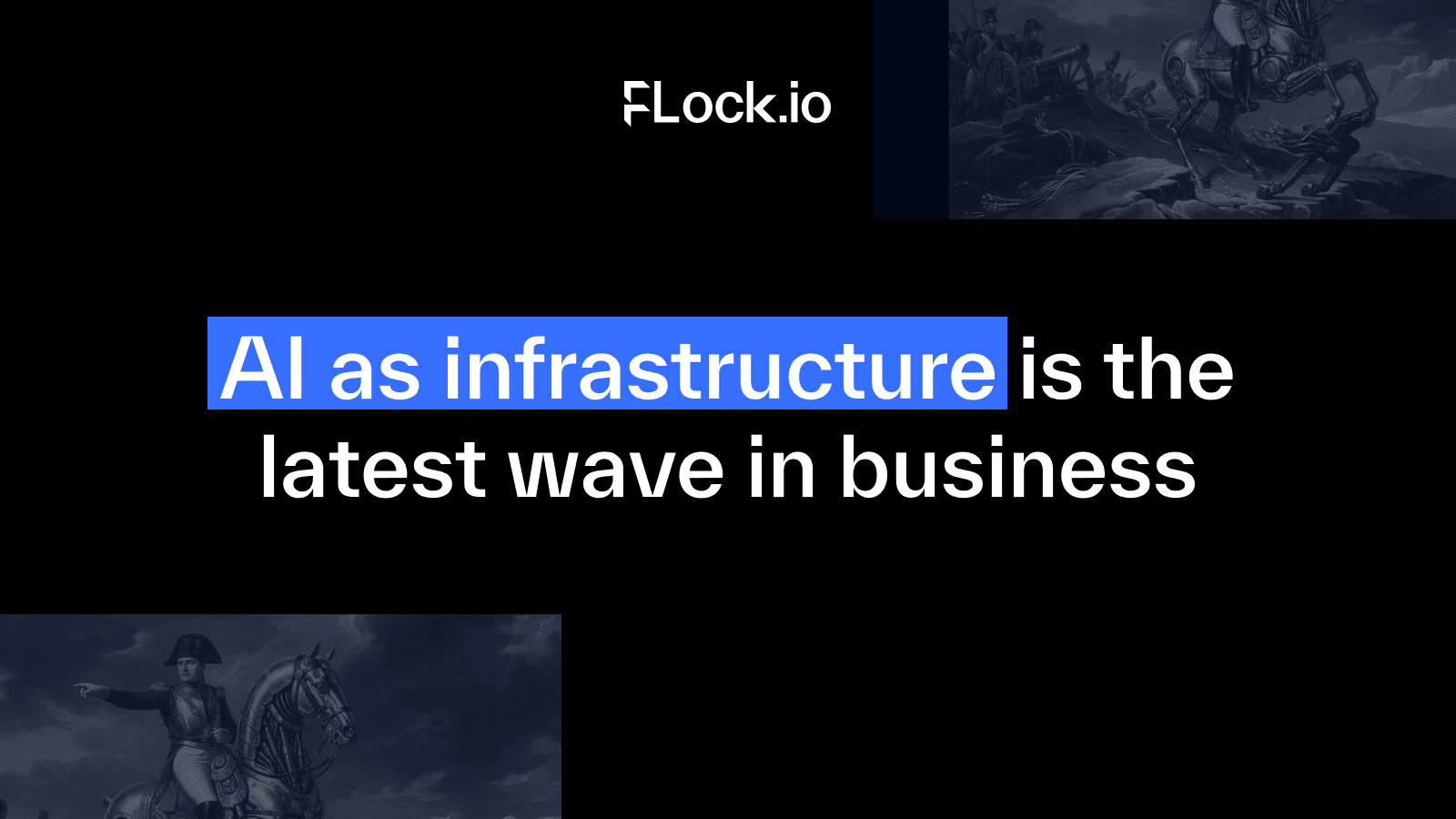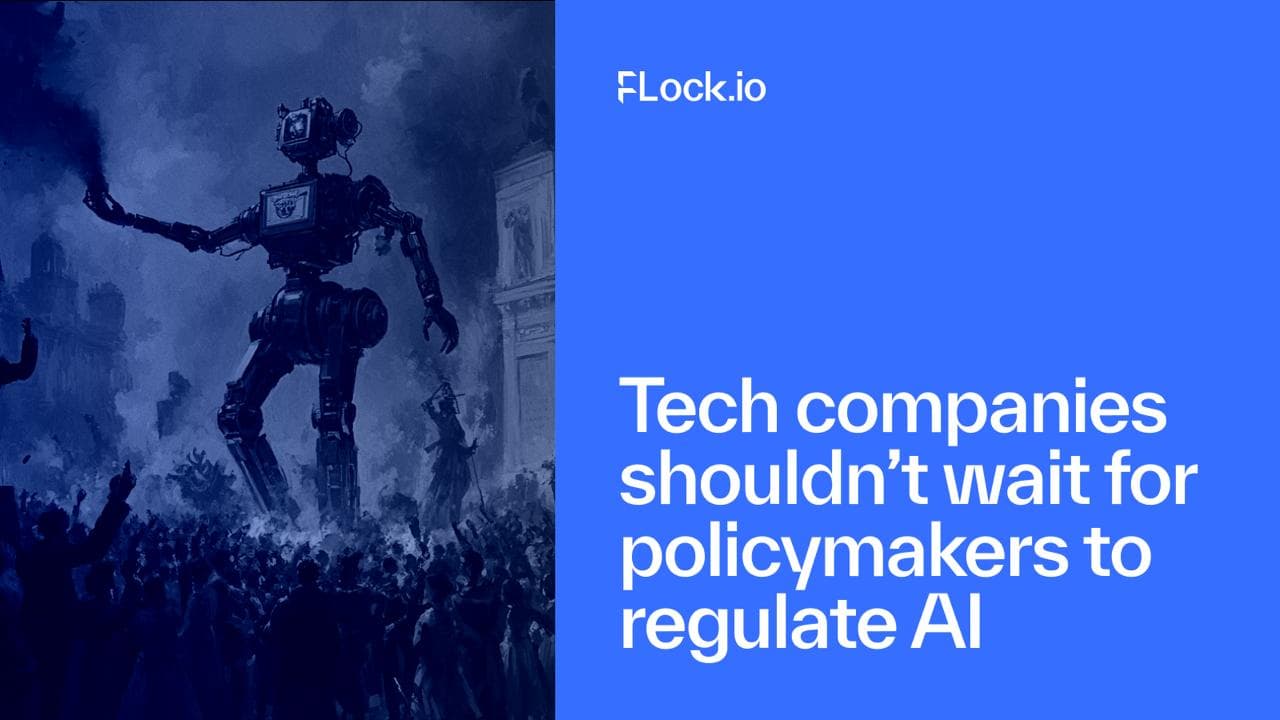The goal of this deal is to accelerate the UK’s position as an AI superpower through investment from Silicon Valley. It’s a monumental push for US-controlled centralised AI powered by British infrastructure, and presents a challenge to the principles of web3, decentralised AI and data privacy.
September saw the historic UK-US tech prosperity deal signed by Donald Trump and Keir Starmer. The pact “broke all records,” the Prime Minister said.
On the face of it, it’s a watershed moment. Scores of investments and partnerships are to be injected into Britain. It’s focused on building new data centres and growing AI start-ups and cutting-edge tech, and developing advanced quantum computers.
Nvidia CEO Jensen Huang said back in June that while Britain is having a goldilocks moment for AI, it lacks the computing power it needs to capitalise on its potential. He added: “It is surprising this is the largest AI ecosystem in the world without its own infrastructure.”
The tides have seemingly turned for Britannia. Nvidia, OpenAI and Microsoft are pouring an extraordinary amount of cash into AI infrastructure. It will turn the North East of England into a new AI Growth Zone with 5,000 new jobs. Several enormous data centres are planned with a helping hand from BlackRock, as well as the country’s most advanced AI supercomputer.
[ 👋 Hi there! If you’re here to find out more about FLock.io, follow us on X, read our docs and sign up to AI Arena on train.flock.io]
Starmer has made AI in healthcare a priority area this year, and he hopes the deal will catalyse medicine breakthroughs at a time when the NHS is crumbling. “What a day. 250 billion pounds flowing both ways across the Atlantic,” he said. “It is the biggest investment package of its kind in British history by a country mile.” His government pitched it earlier this year as vital in the tech race against China.
But all is not as it seems – the UK could be giving up AI sovereignty for American compute. The pledges from American firms are far from charity donations, and carry their own subtext. The digital infrastructure will predominantly serve US tech giants, not necessarily British projects, and cement the dominance of “black box” centralised AI.
AI requires massive amounts of electricity, and Trump has declared a national energy emergency to approve coal power plants to fuel it. But it’s not enough – US big tech needs data centres on foreign soil too. Britain is set to become populated with energy-hungry data centres that run American models, with dire environmental consequences to follow. One new Google data centre in Essex is expected to emit the equivalent of about 500 flights from Heathrow to Málaga every week. The idea that governments can become AI leaders and simultaneously meet net zero targets amounts to “magical thinking at the highest levels,” as one University of Cambridge report puts it.
With companies like OpenAI, the pressure to innovate competitively and deploy quickly clashes with the need for caution. Centralised AI is plagued by its black box problem of opaque decision-making and faltering public trust. All data is sent to a central server, creating a single point of failure and posing hazards for data privacy, security and user autonomy.
At a time when the UK has postponed plans to introduce AI regulation until at least the summer of 2026, the plans risk derailing the country’s trajectory to become a maverick AI leader that refuses to compromise ethics for the sake of innovation. Britain’s own diverse ecosystem of independent projects, many of which prioritise safety over profit, are endangered by the looming Silicon Valley monopoly.
The US encourages open innovation with free market capitalism whereas Europe has a risk-based approach. Post-Brexit, the deal may steer the UK in the direction of the Atlantic Ocean. Washington is currently applying pressure on the UK to change two pieces of regulation. Firstly, the Digital Services Tax, which Trump claims discriminates against US companies. Secondly, the Online Safety Act, which he portrays as anti-democratic censorship.
In his book Vassal State: How America Runs Britain, Angus Hanton lays bare the extent to which US corporations own and control Britain’s economy. It argues that in the supposed “special relationship,” the UK has ironically become America’s colony rather than its economic partner. To Hanton, policymakers shape their decisions to suit the whims of their American corporate overlords.
It’s precisely this sentiment that Nick Clegg, the former Liberal Democrats leader who spent six years at Meta, echoed in reaction to the deal. He decried the pact as “mutton dressed as lamb” and “leftovers” from Silicon Valley. The UK is becoming ever more reliant on “Uncle Sam’s coat-tails” instead of scaling its own independent tech sector. It’s not flowing both ways, but rather is “all one-way traffic,” he added.
One project is welcome to an extent: The Stargate Project. This will give the UK local computing power to run OpenAI’s models in sensitive areas such as the public sector, financial services, national security and scientific research. In this way, data will not need to be sent abroad. But while the promise of the Stargate Project to run models locally is a step toward data security, but it’s not data sovereignty. Decision-making still takes place at Sam Altman’s desk behind closed doors, and sensitive data is still sent to a central server at a data centre.
The notion of AI sovereignty “borders on meaningless” because so many businesses already “rely on American cloud companies”, wrote Bloomberg columnist Parmy Olson. “The US owns about 75% of the world’s AI supercomputers.”
The narrative pushed by the UK-US tech prosperity deal – that massive, centralised infrastructure is the only path to AI leadership – is fundamentally flawed. We no longer have to choose between powerful models and ceding control to Silicon Valley giants. With the emergence of decentralised AI (DeAI) and techniques such as Federated Learning, there is a high-performance, sustainable alternative that respects data privacy, the community and the planet.
DeAI operates closer to the data source, cutting the energy costs. Local computation happens on devices like smartphones and local servers, diminishing by much more the amount of data that needs to be sent over to a centralised location, and further cutting power consumption. This ensures that datasets remain secured within their owner's firewalls, delivering true data sovereignty while models are collectively enhanced.
DeAI is part of the broader mission to dismantle the power concentration of AI held by a handful of centralised corporations, promoting more equitable, transparent, and composable development. This is where projects like FLock.io come in.
More about FLock.io
FLock’s ecosystem consists of three key components: AI Arena, a platform for competitive model training; FL Alliance, a privacy-focused collaboration framework that enhances models while preserving data sovereignty; and Moonbase, our new rewards layer. We just launched our API Platform.
Find out more about FLock.io by reading our docs. See a sneak peak of new launches coming in Q3/Q4 2025.
For future updates, follow FLock.io on X.





